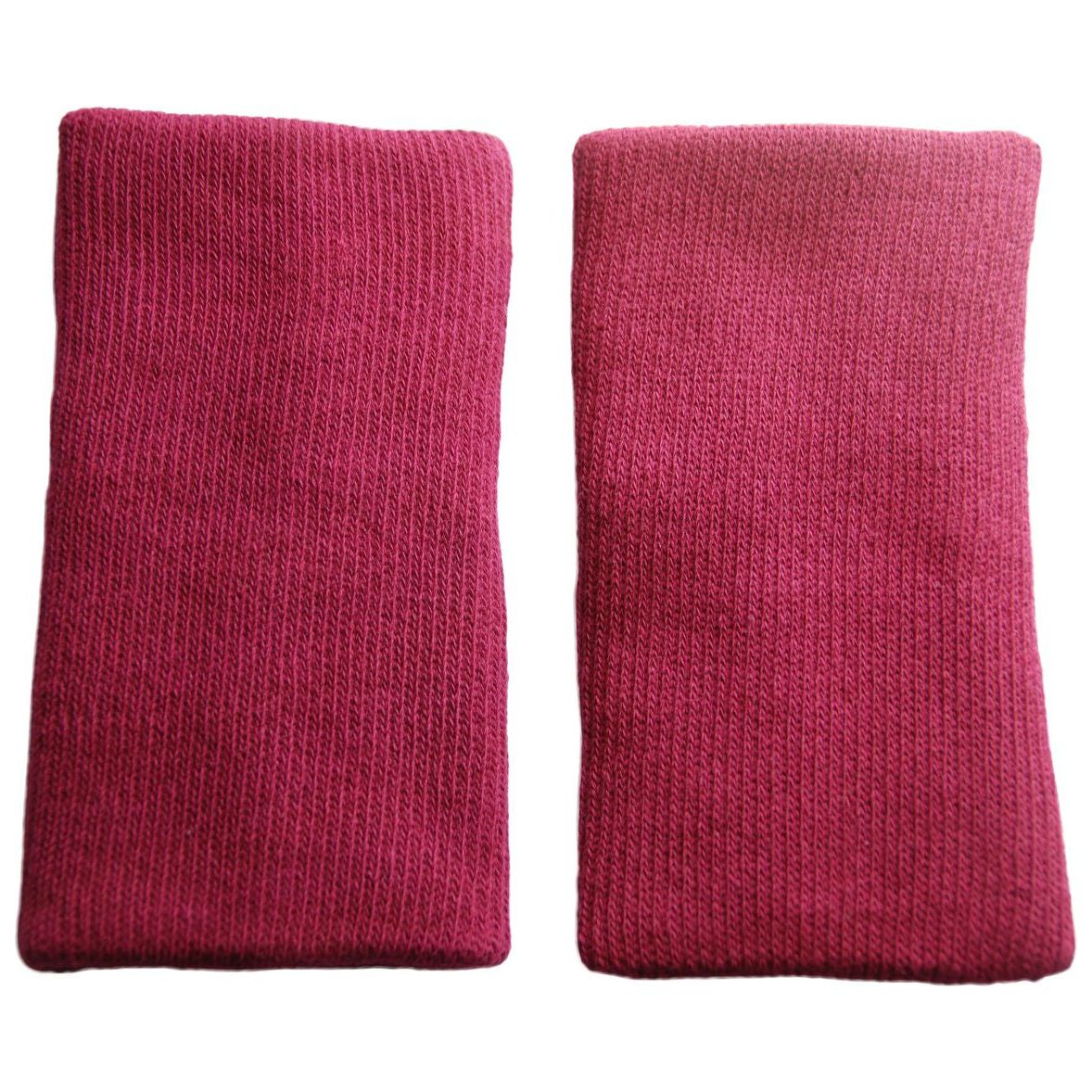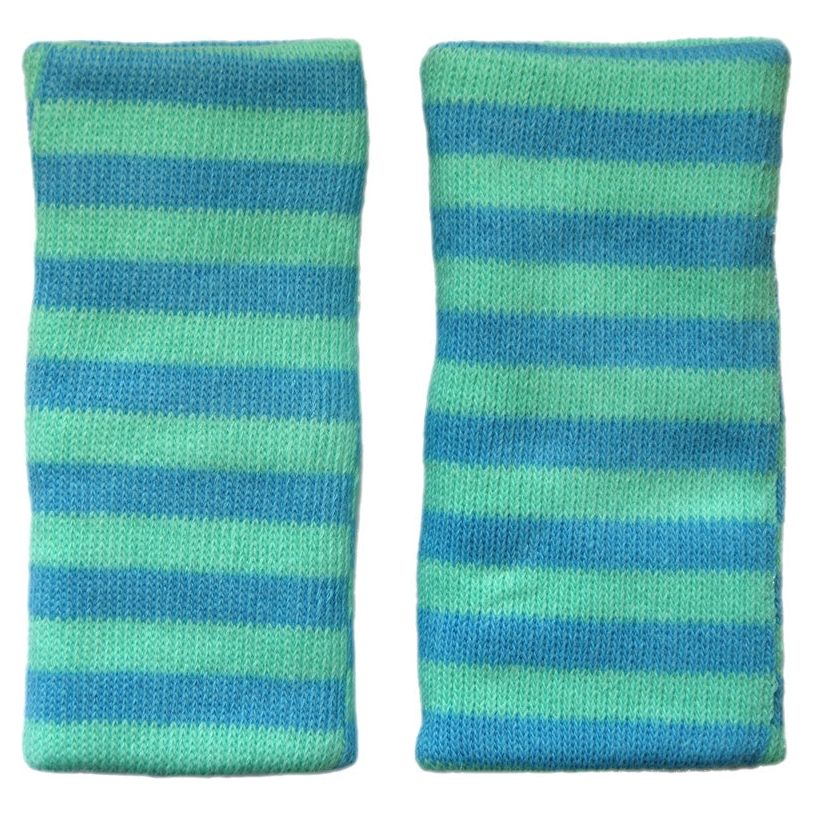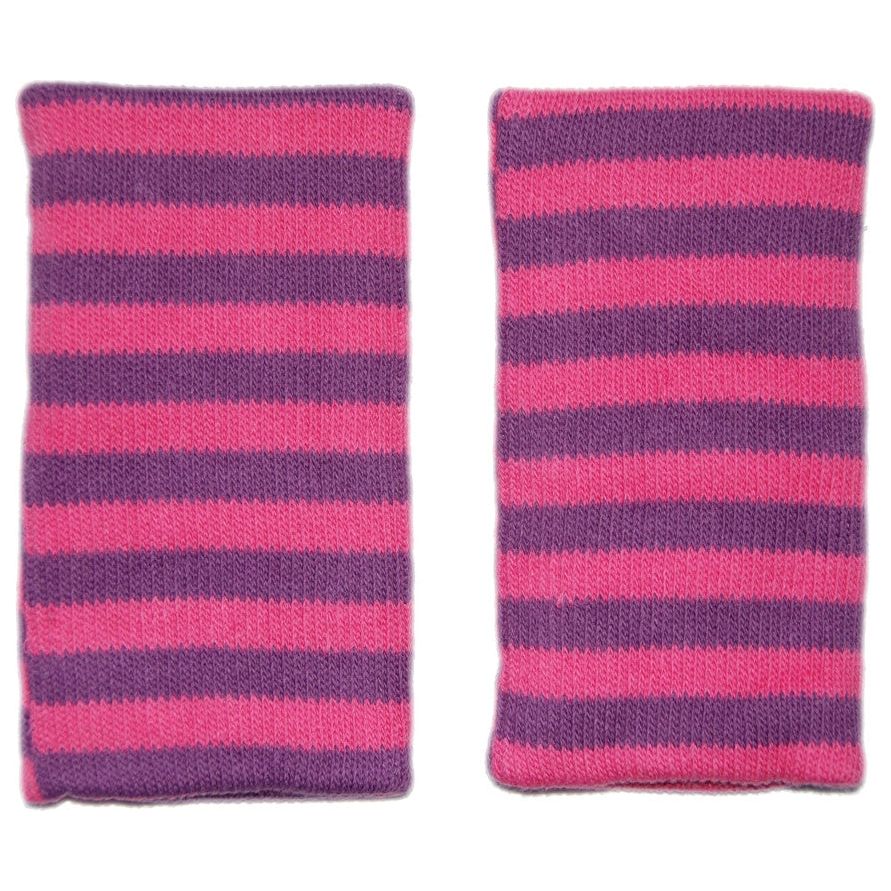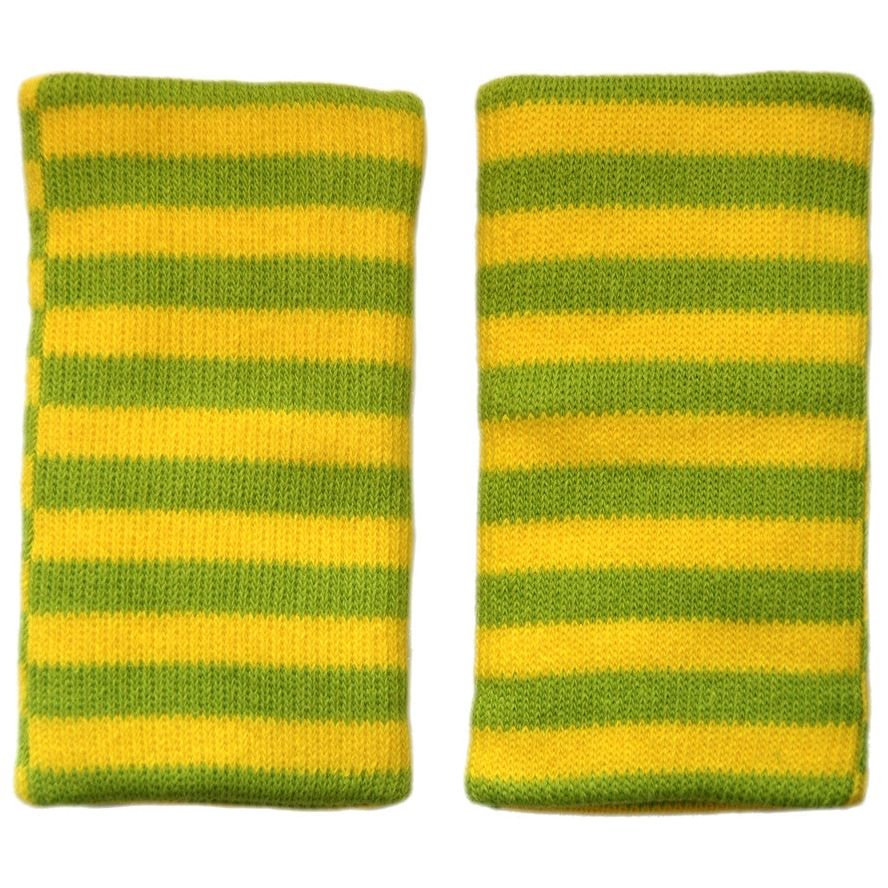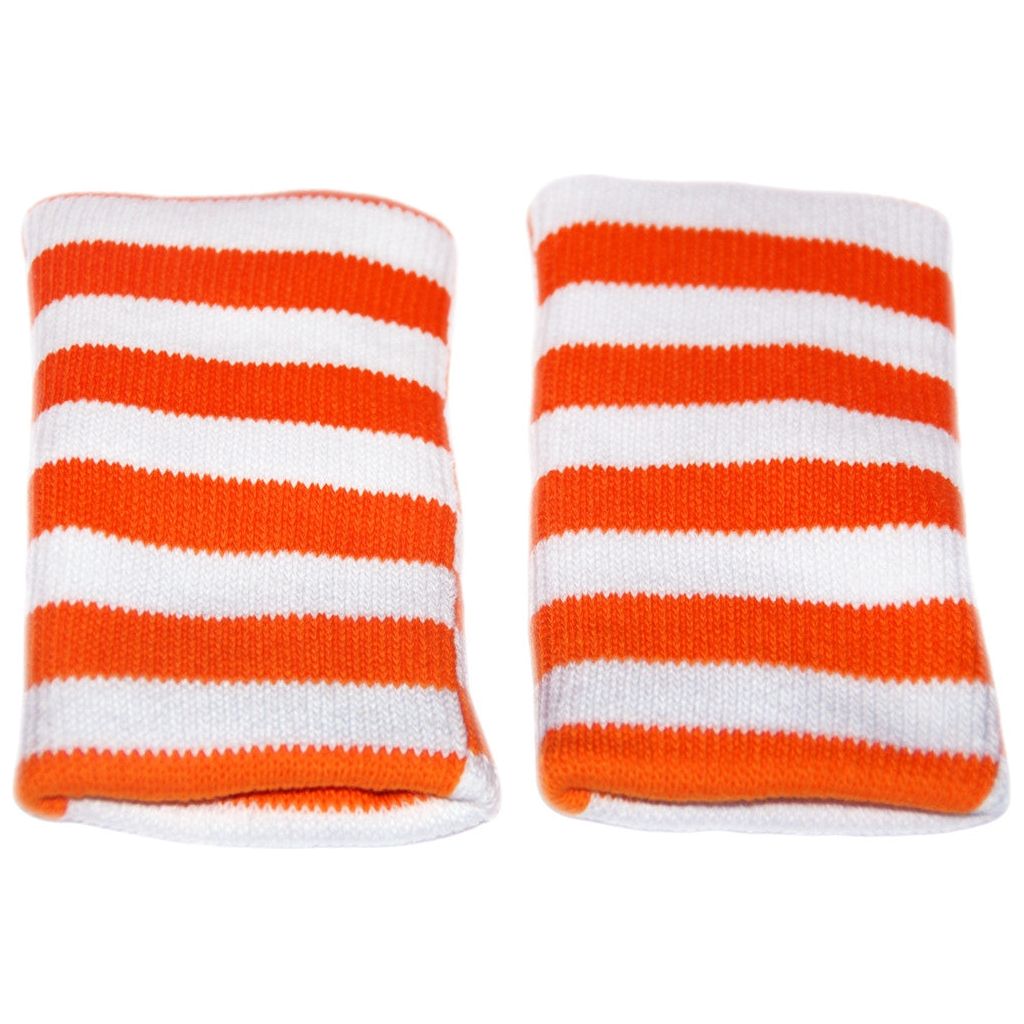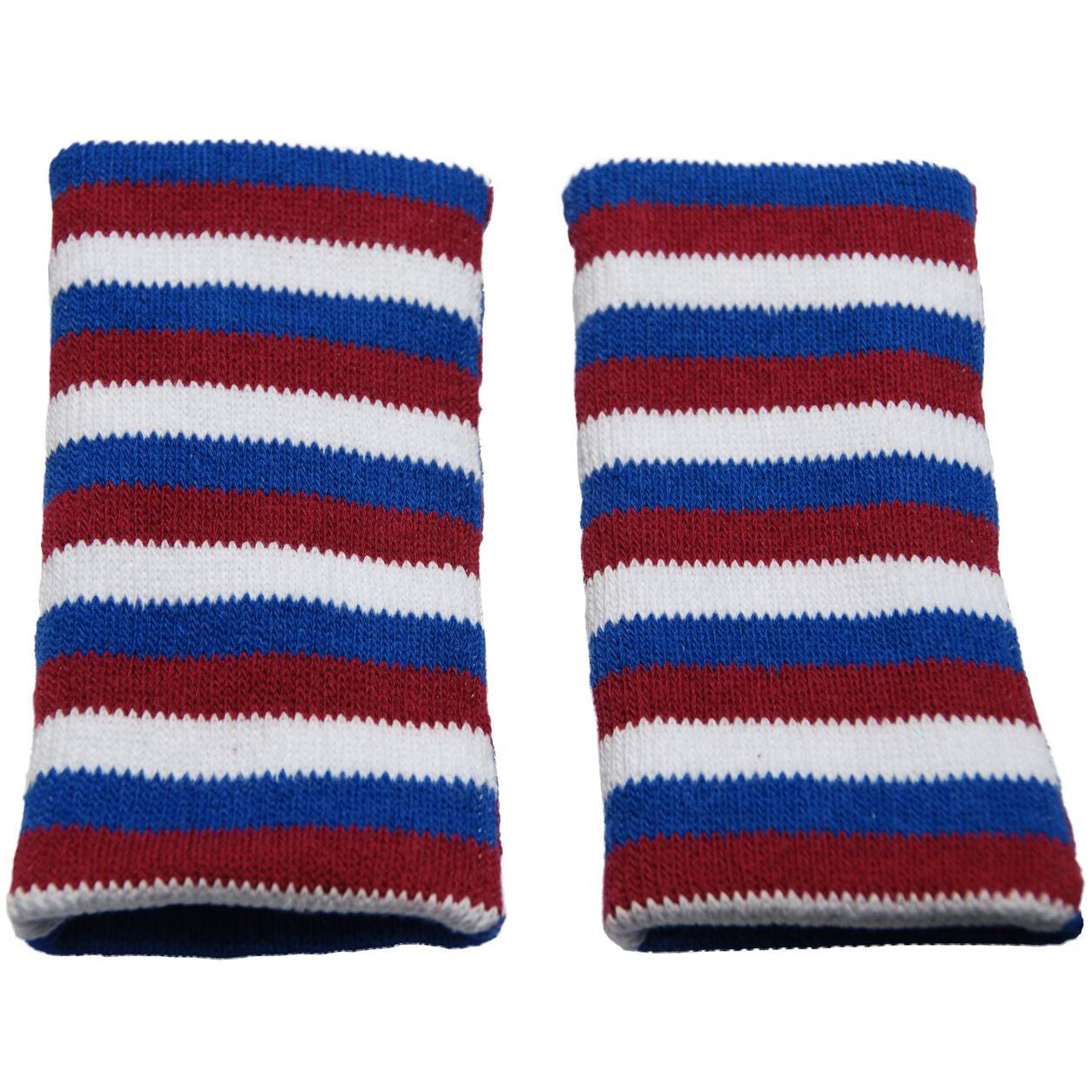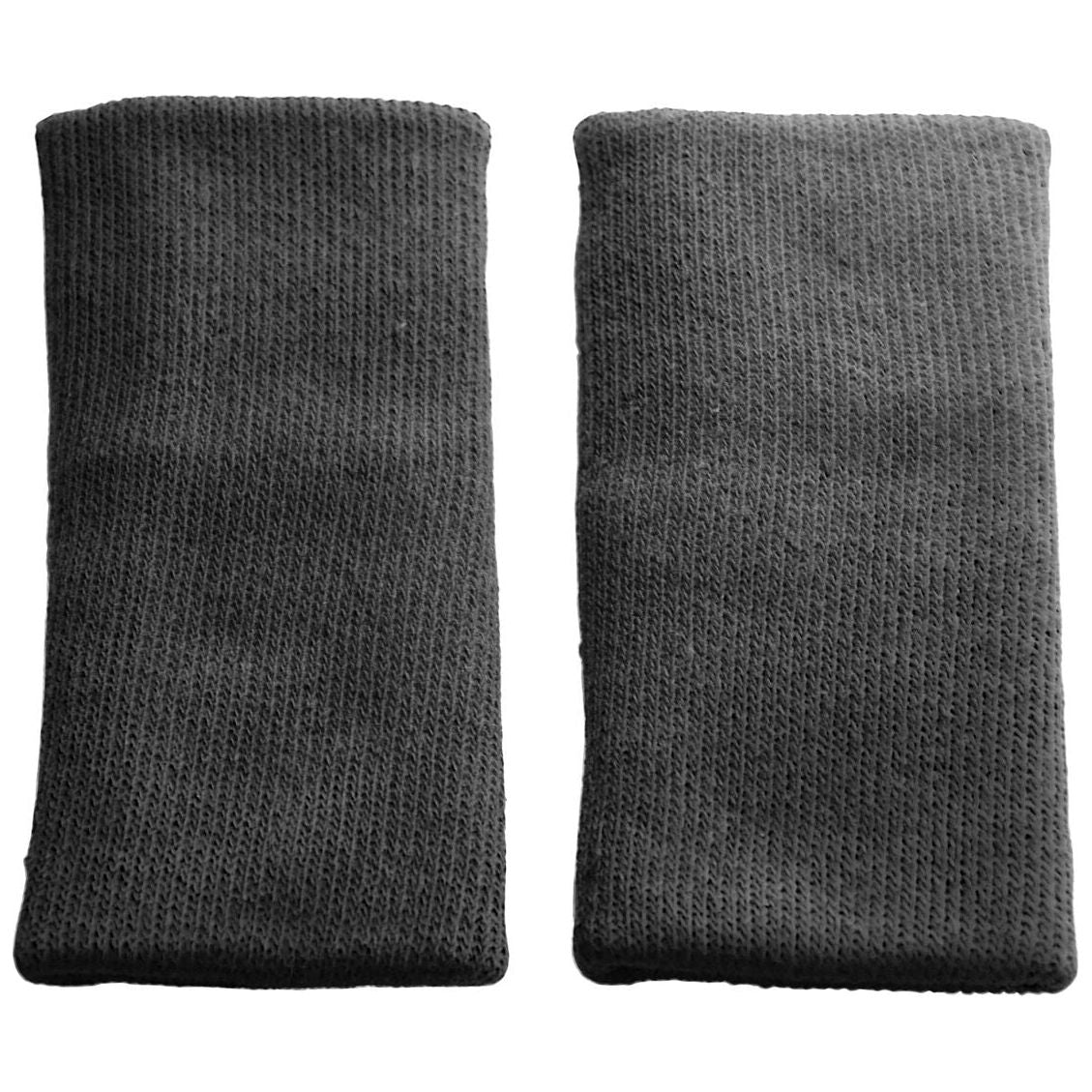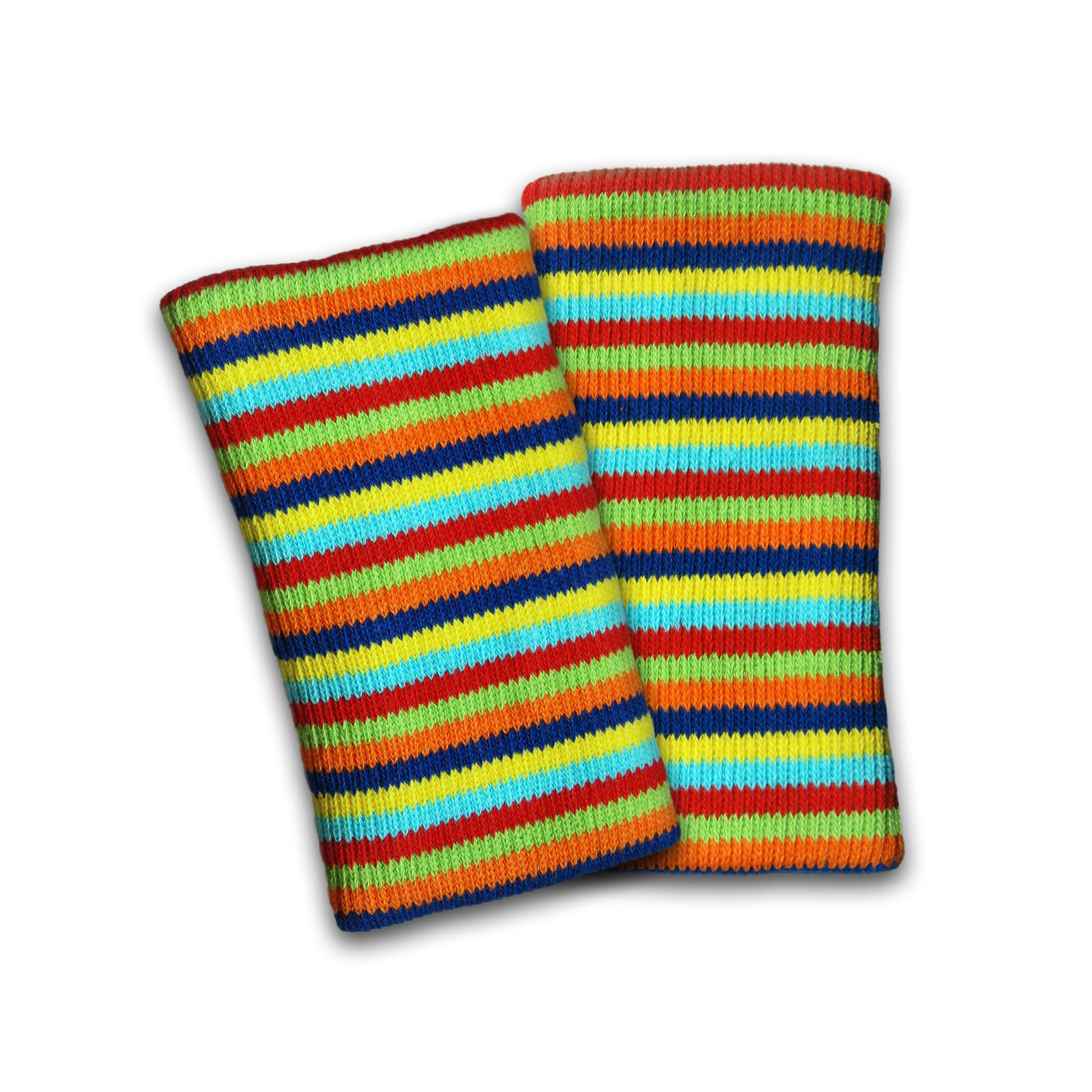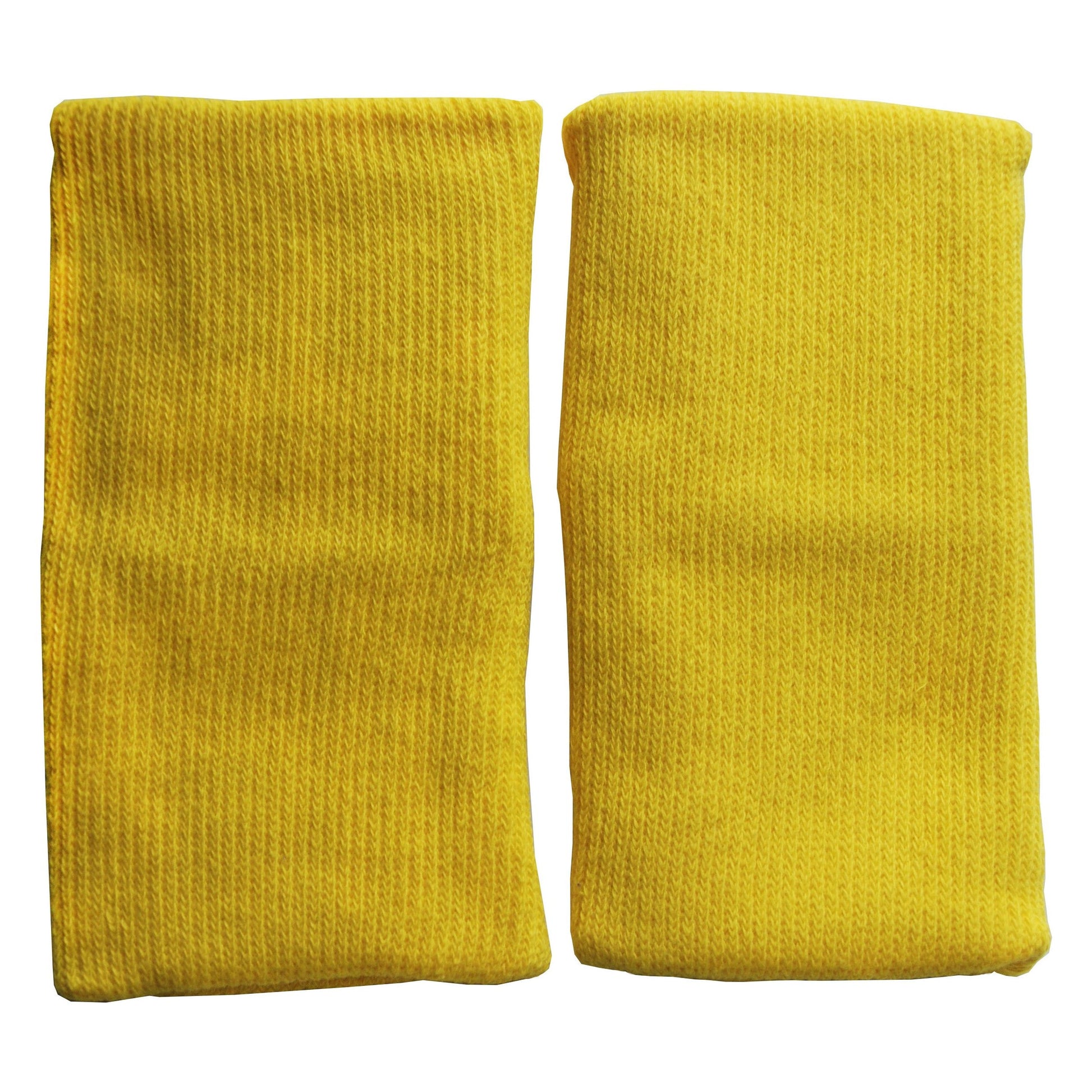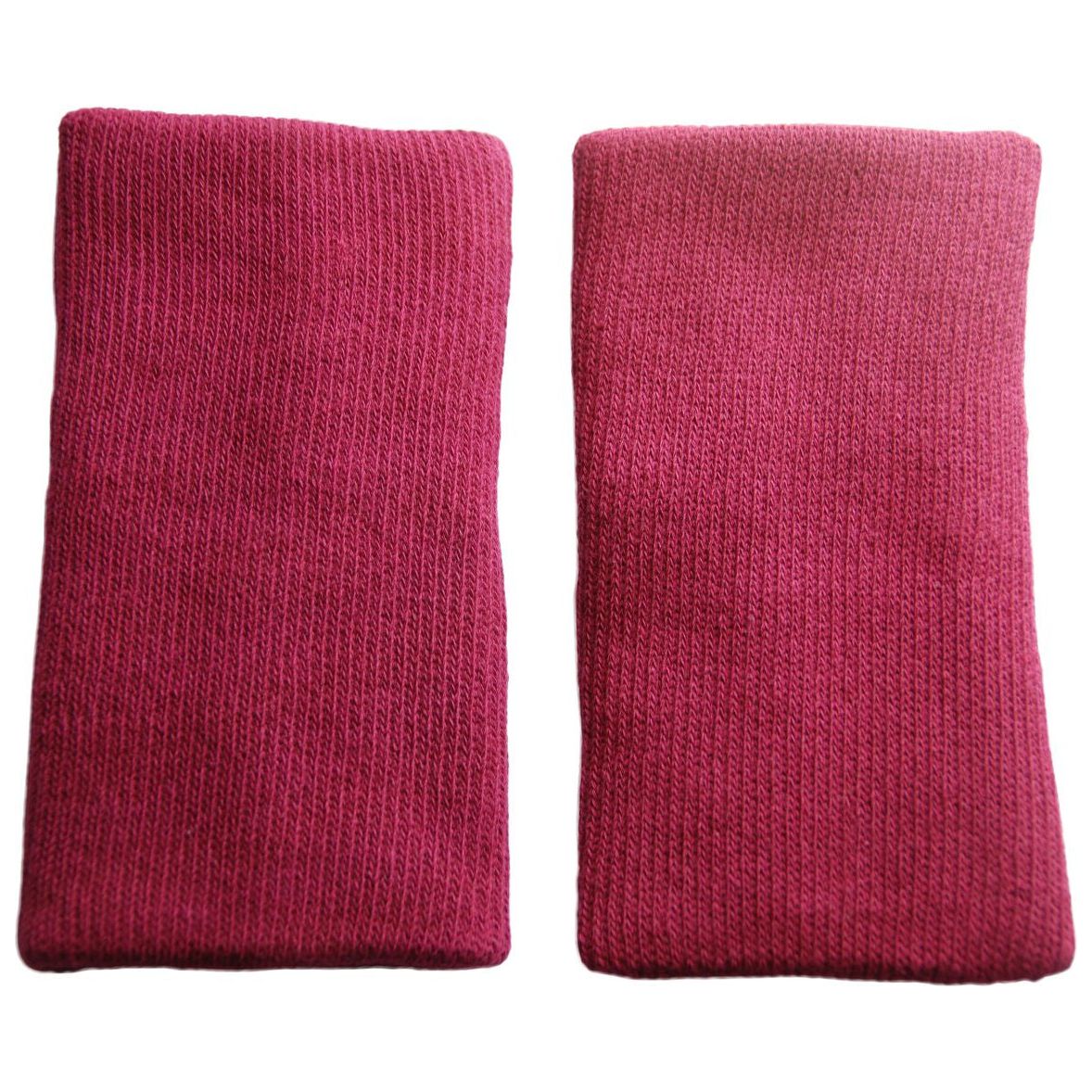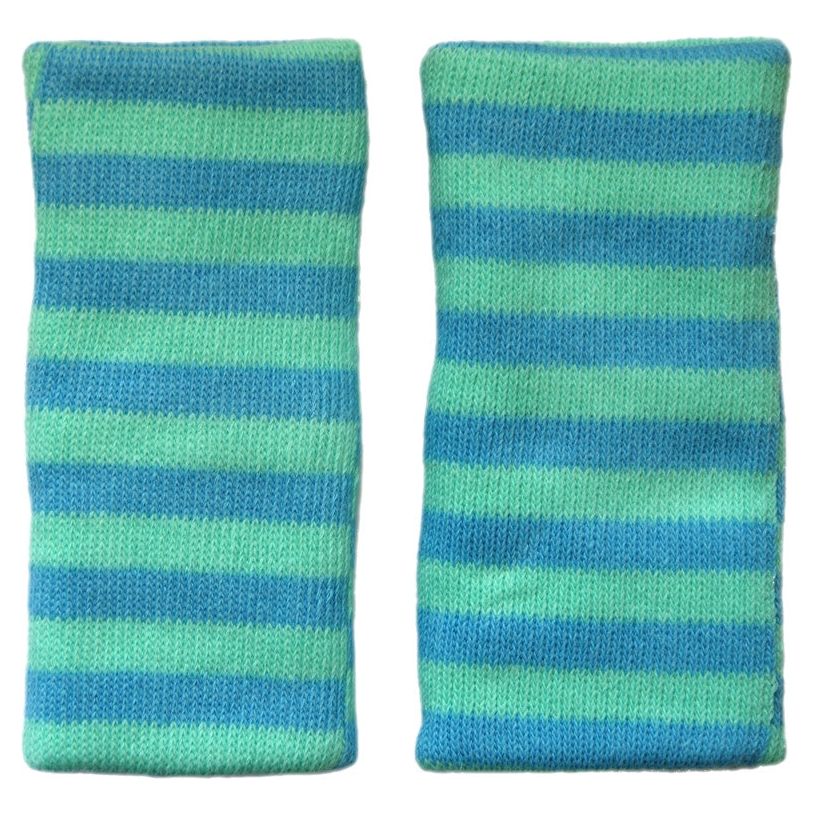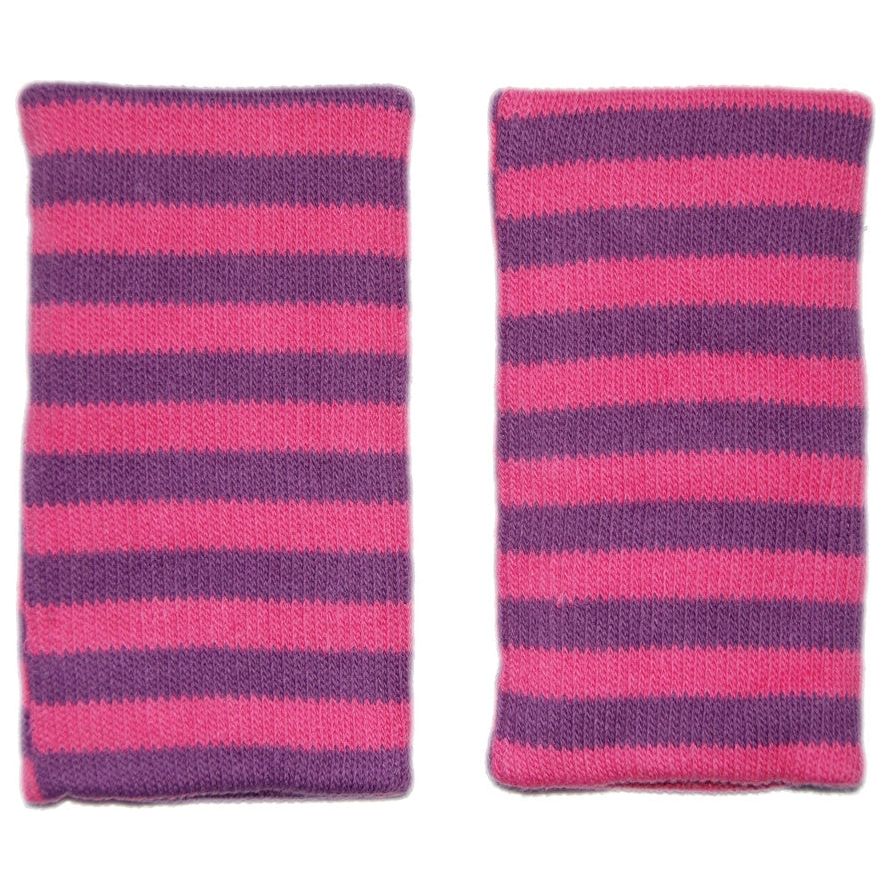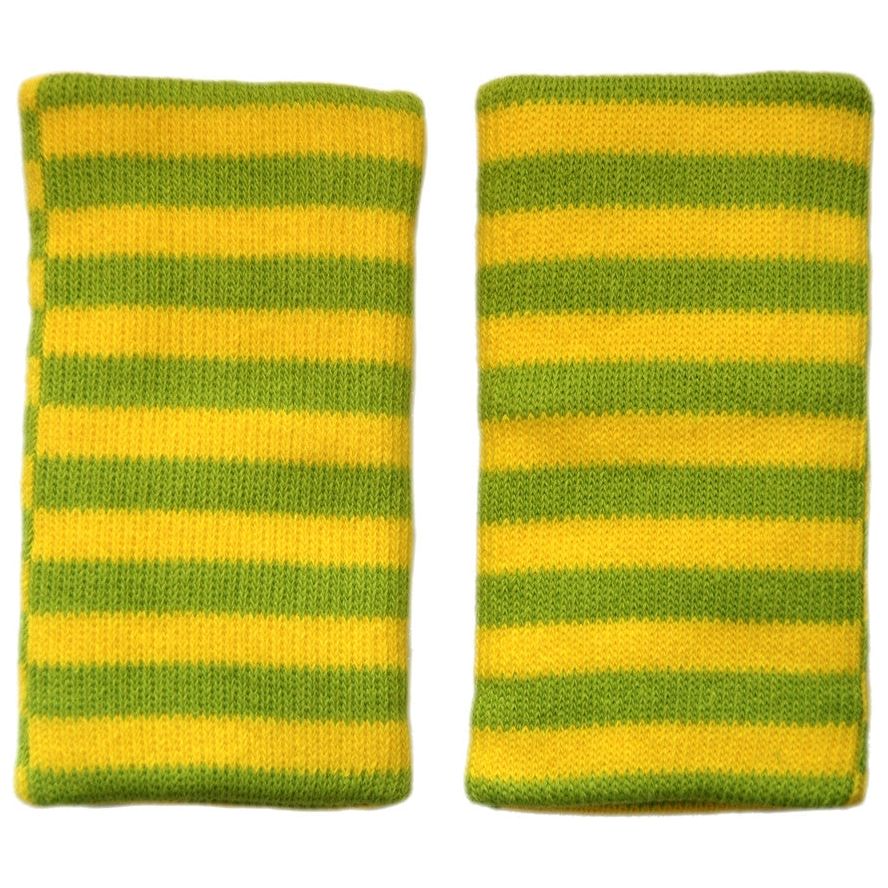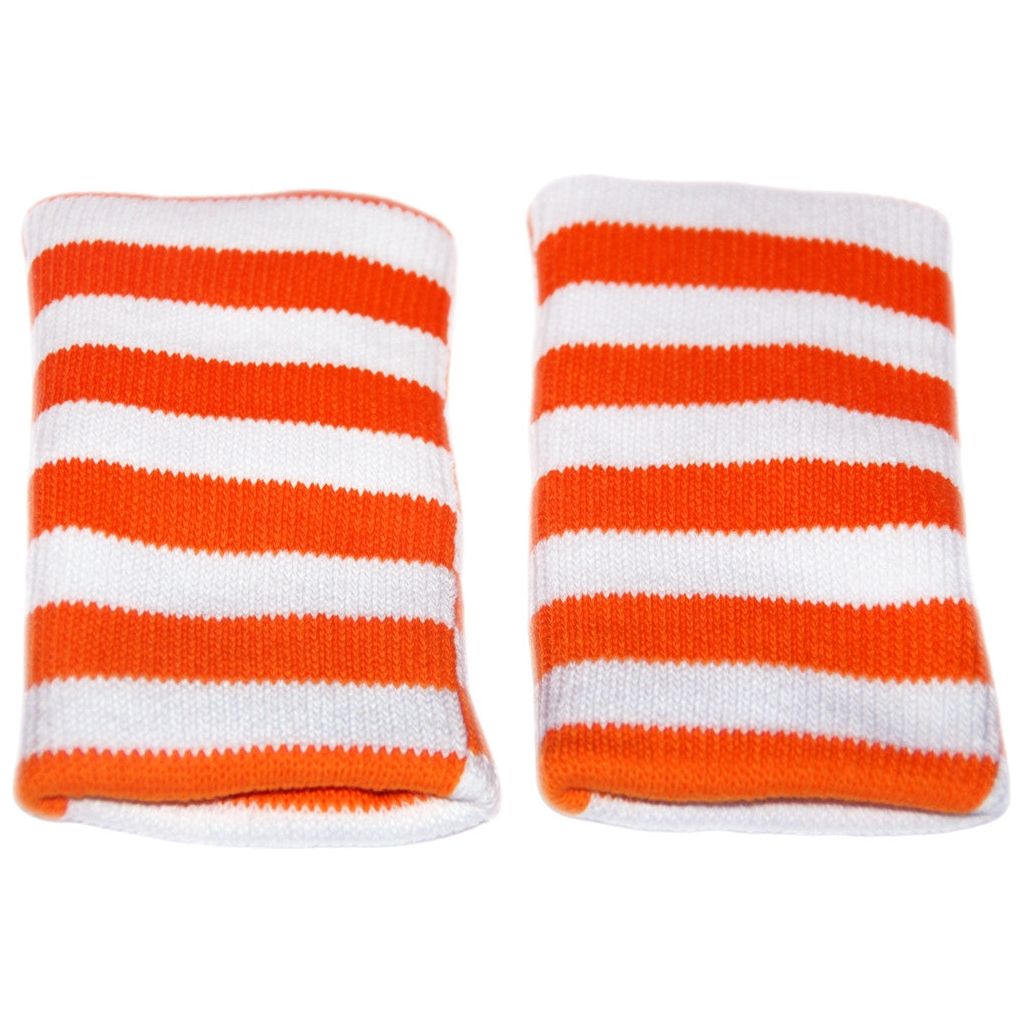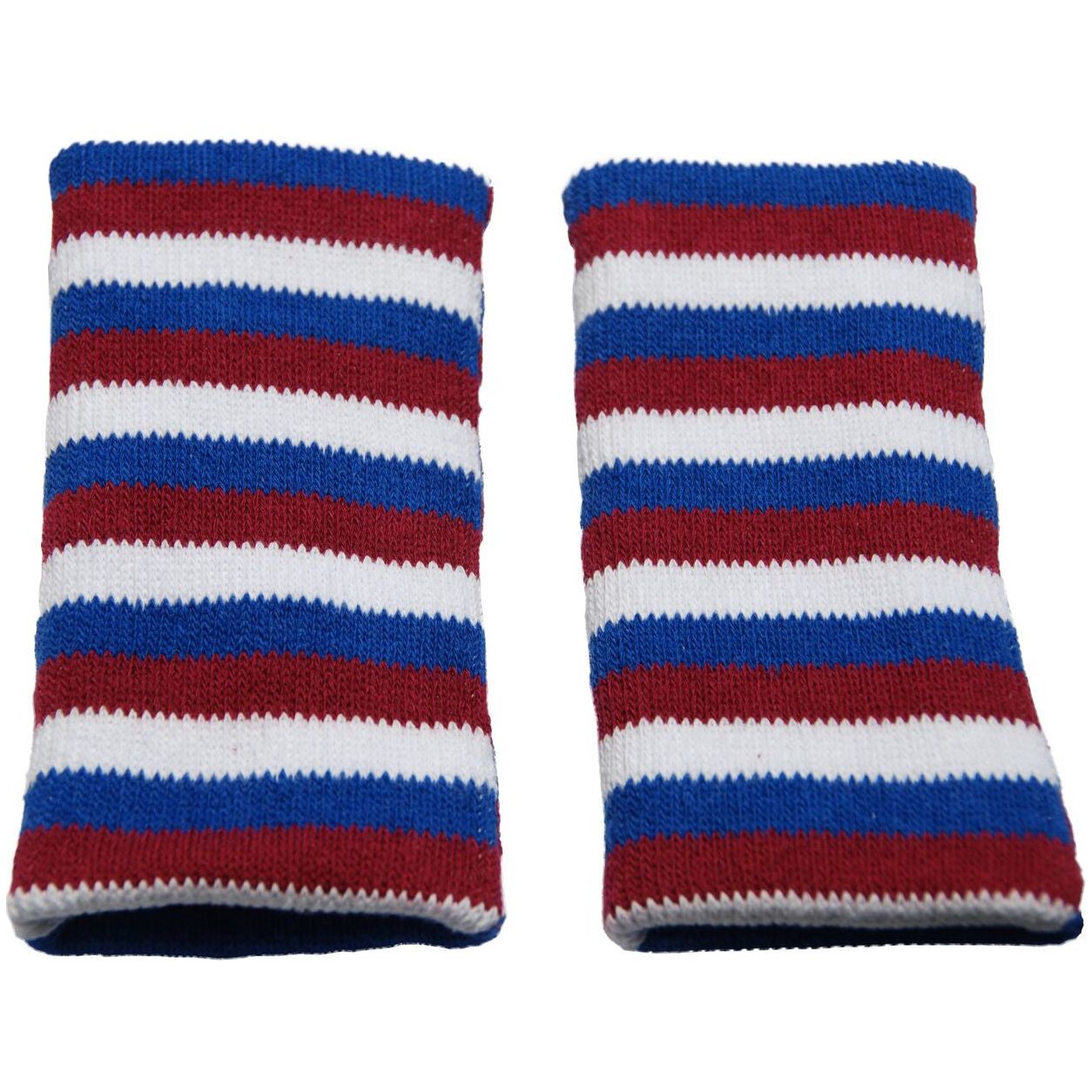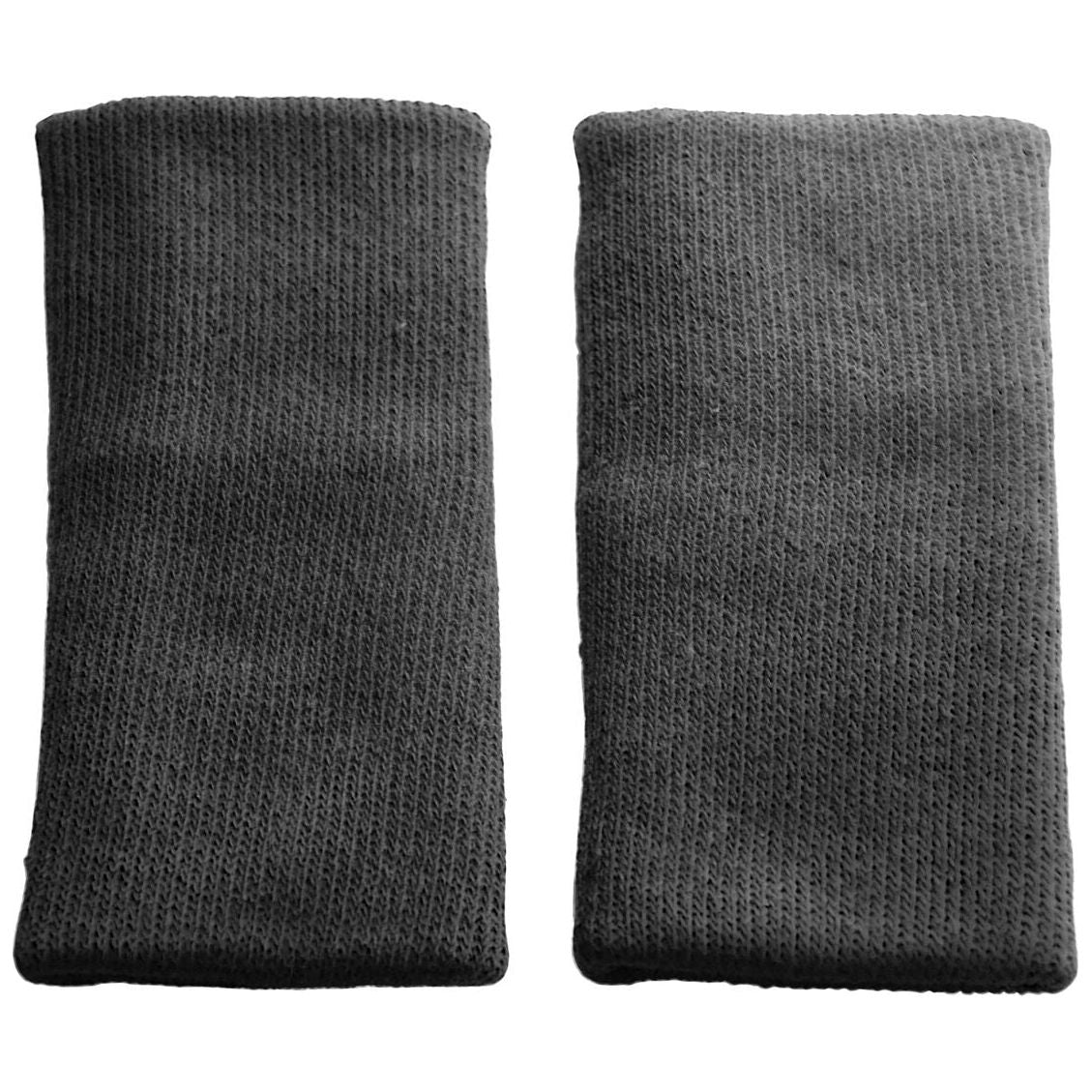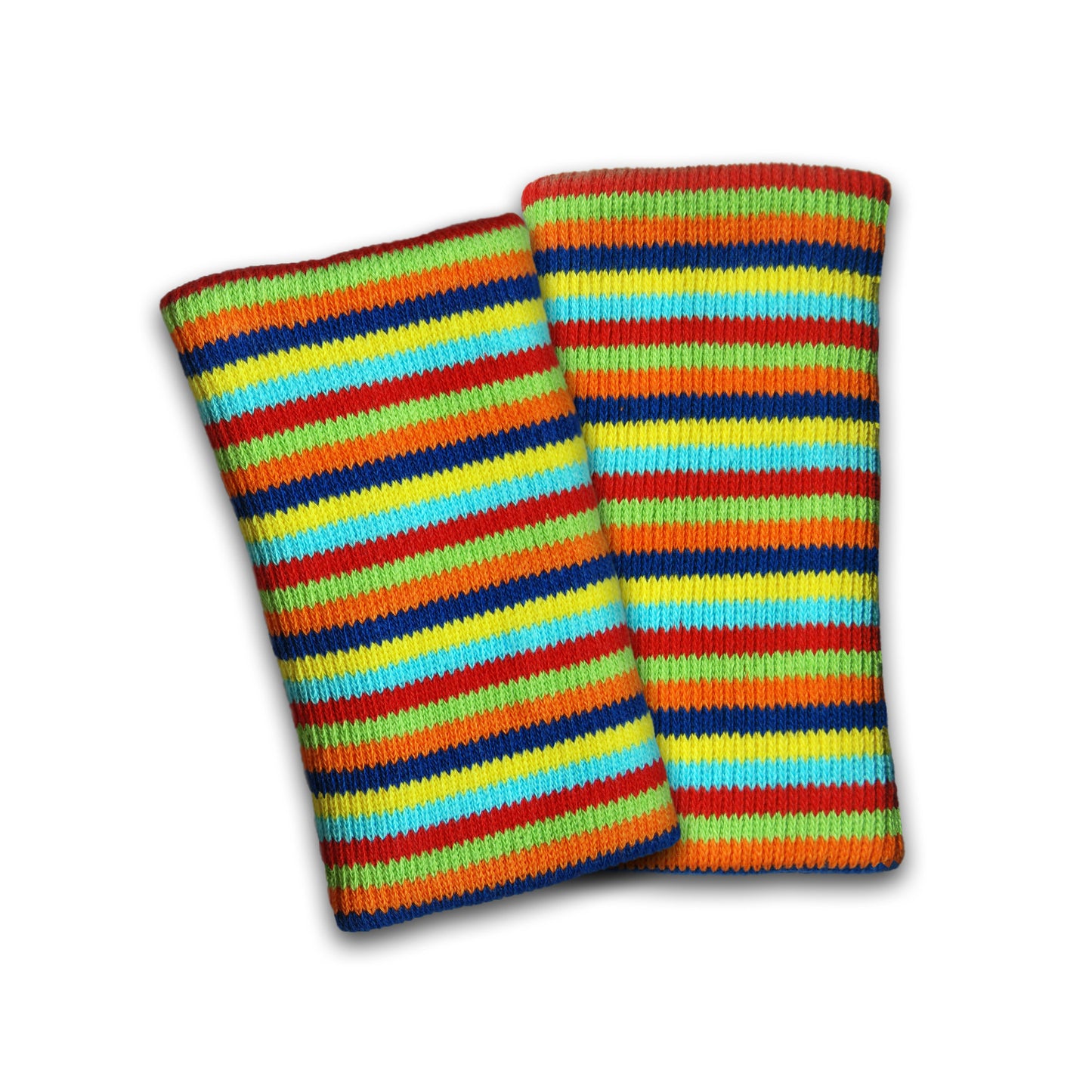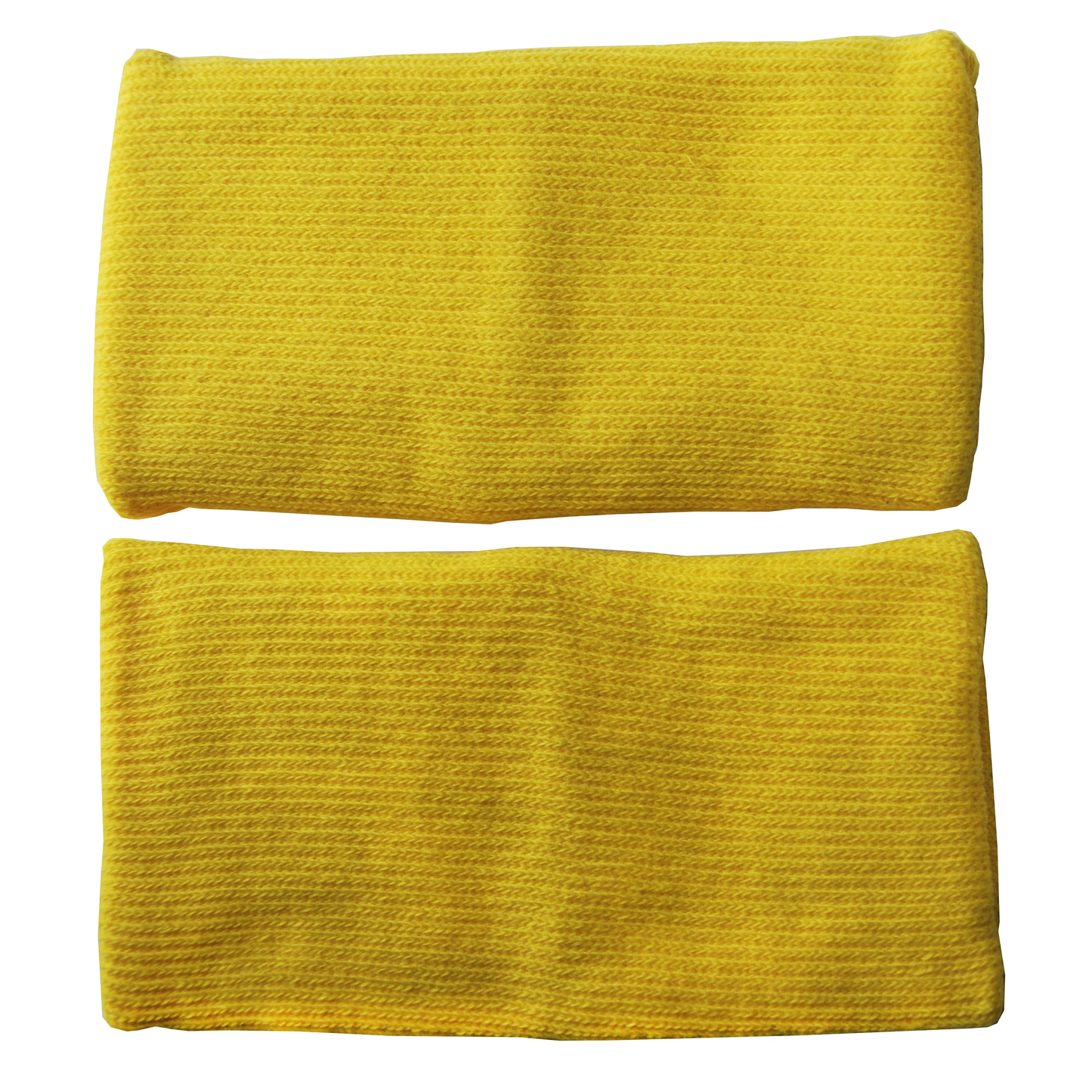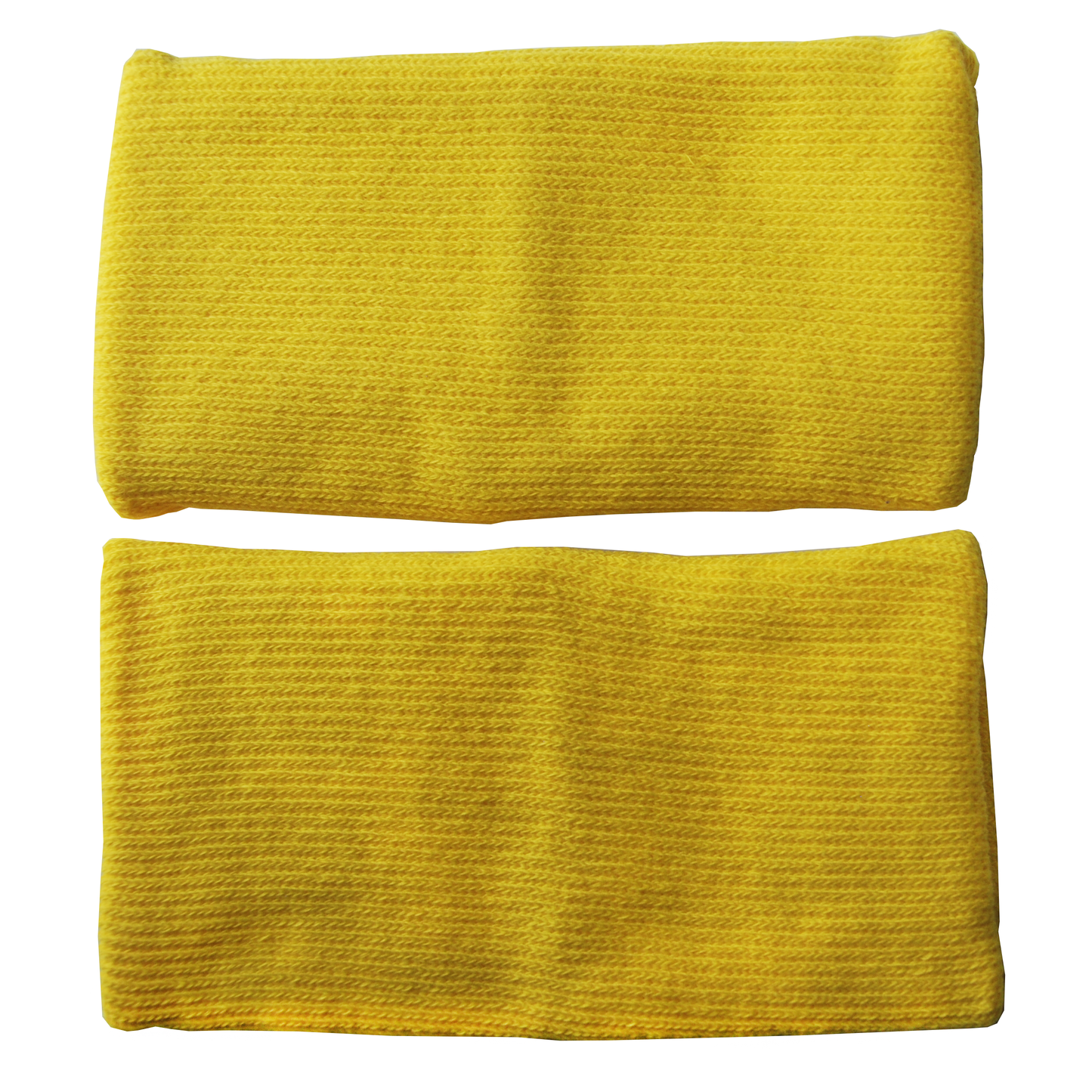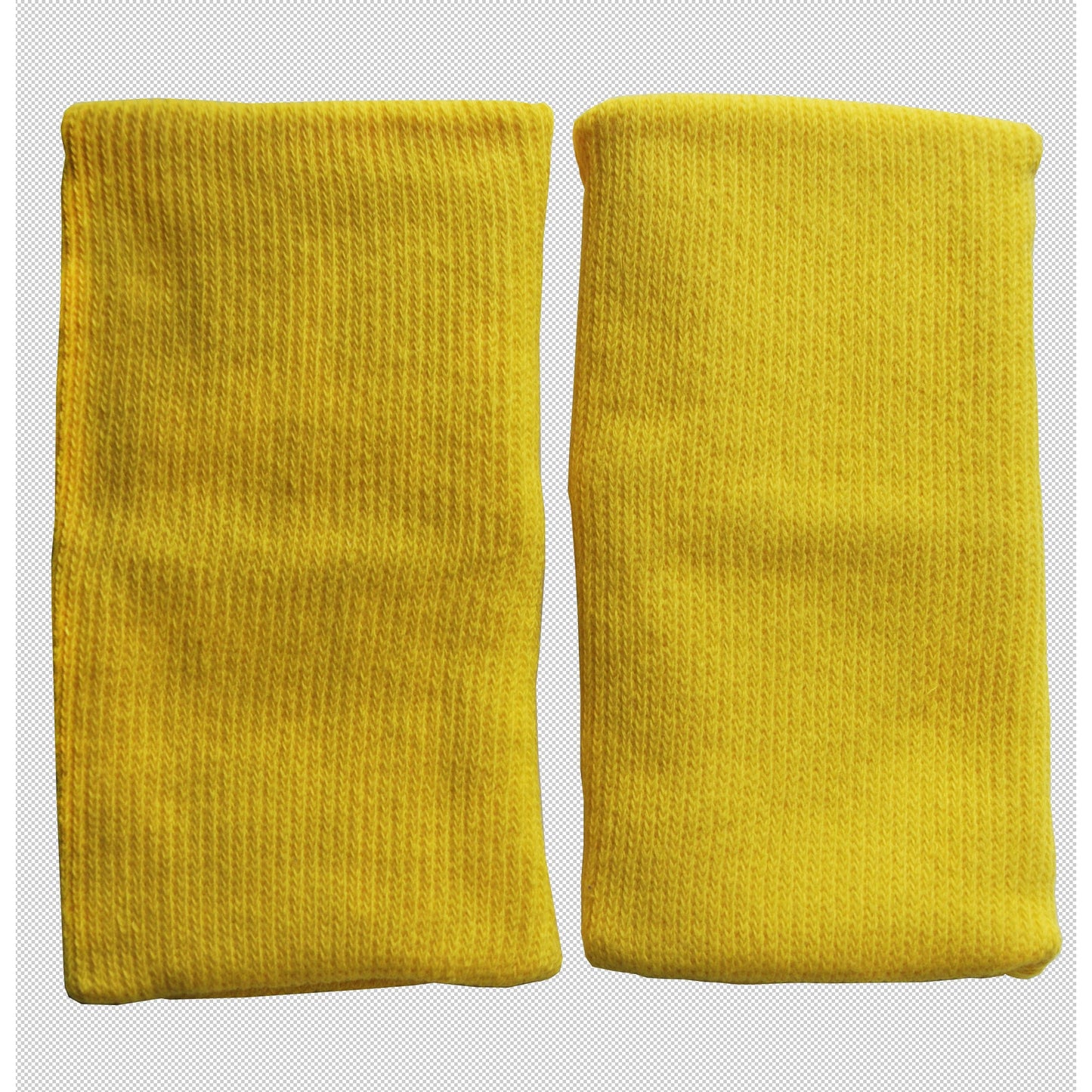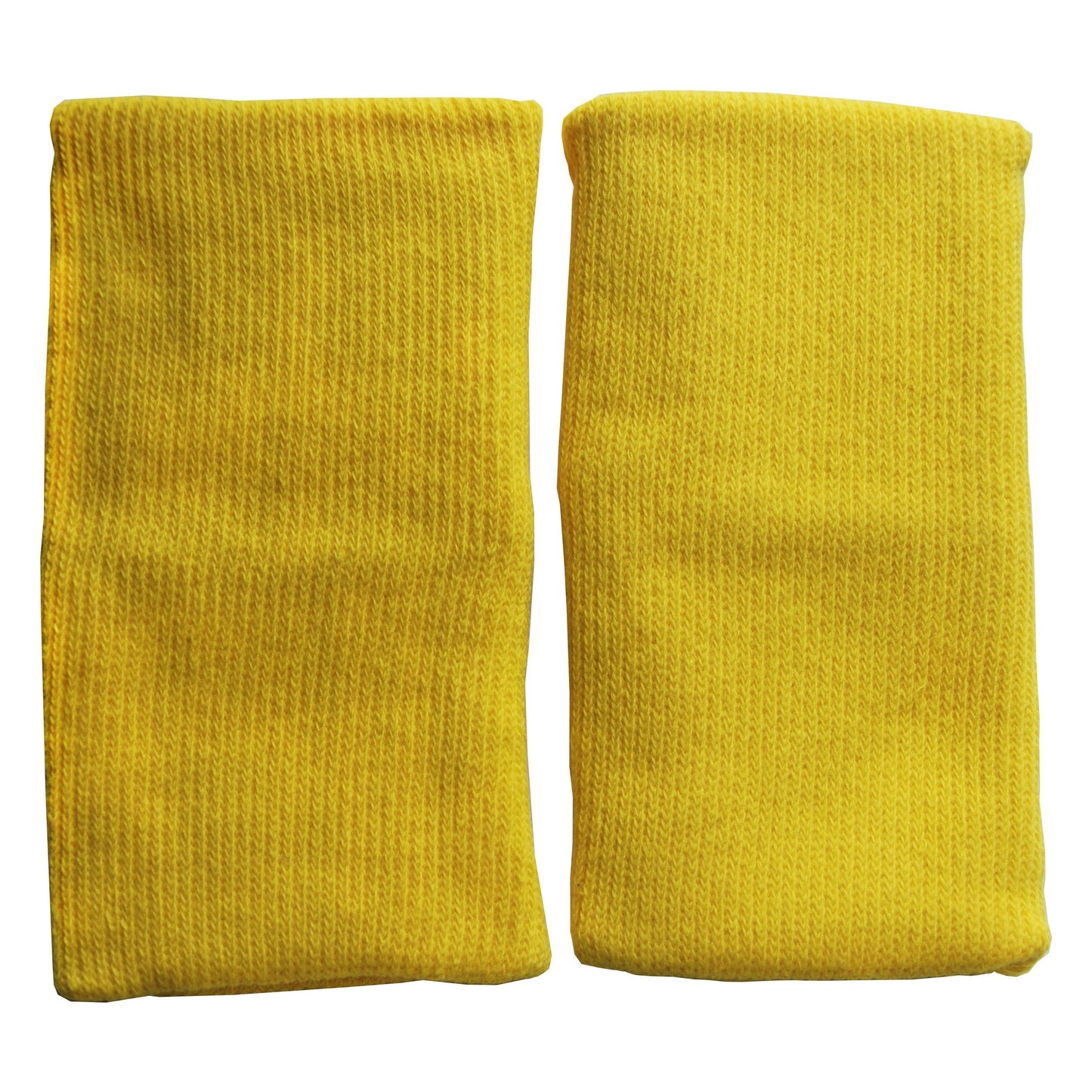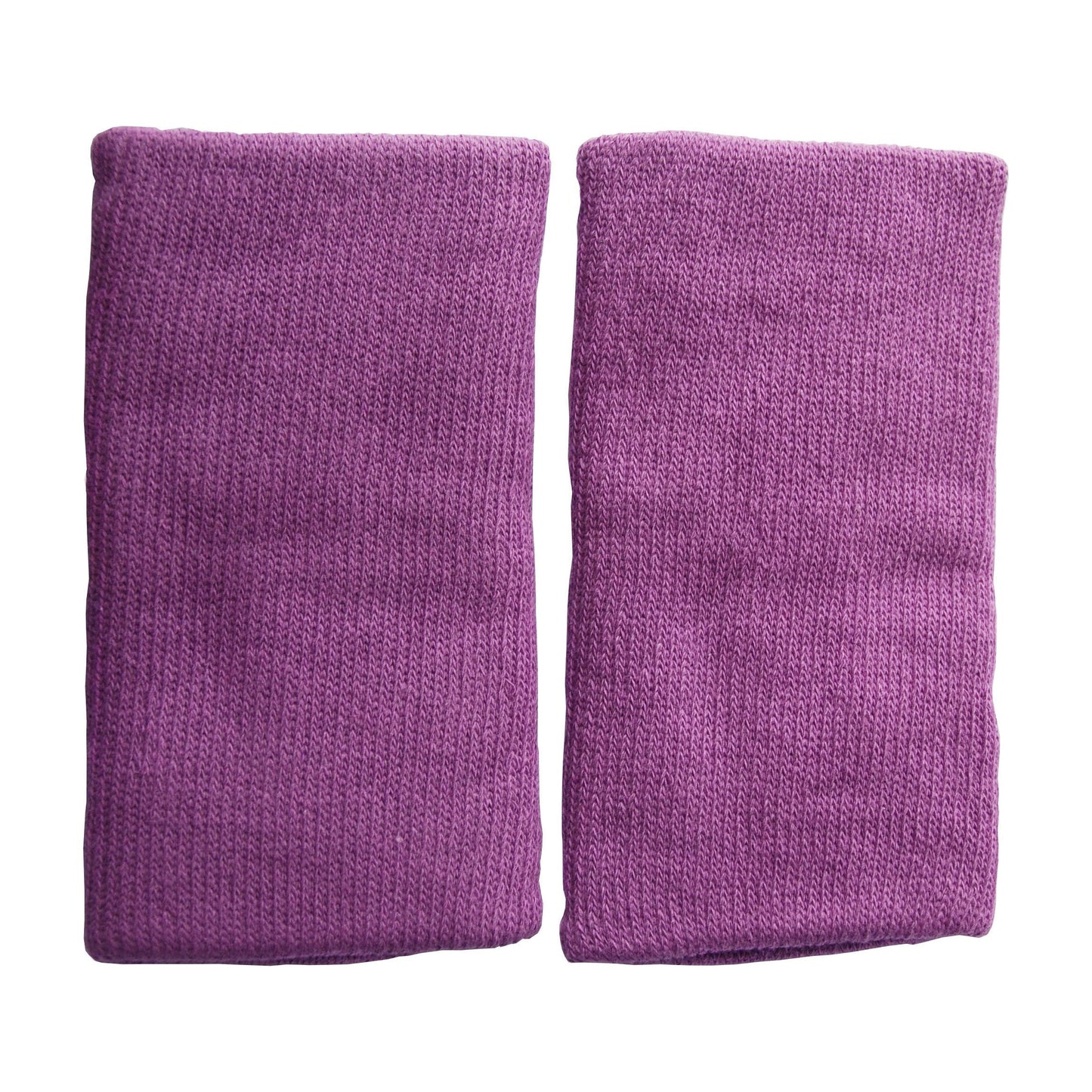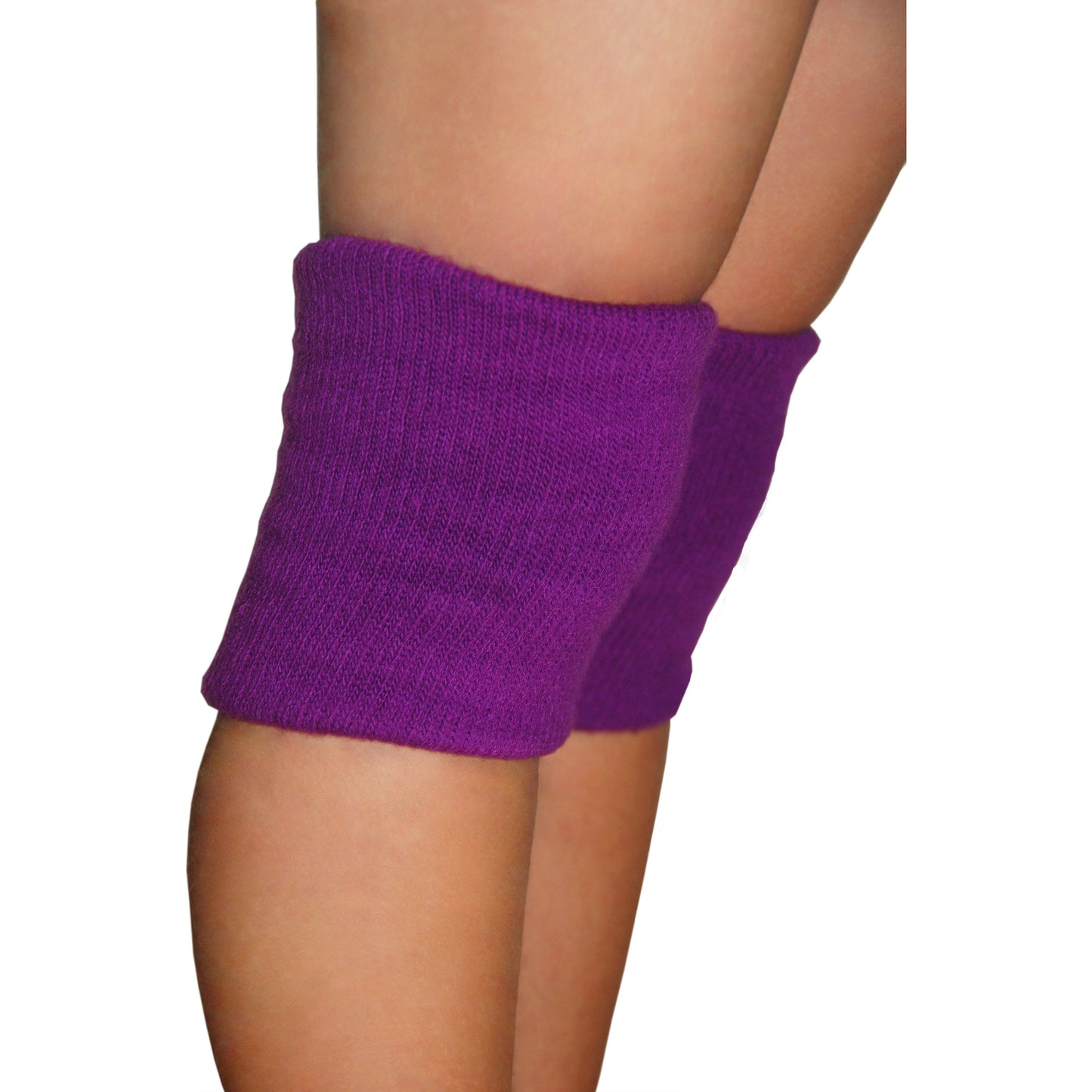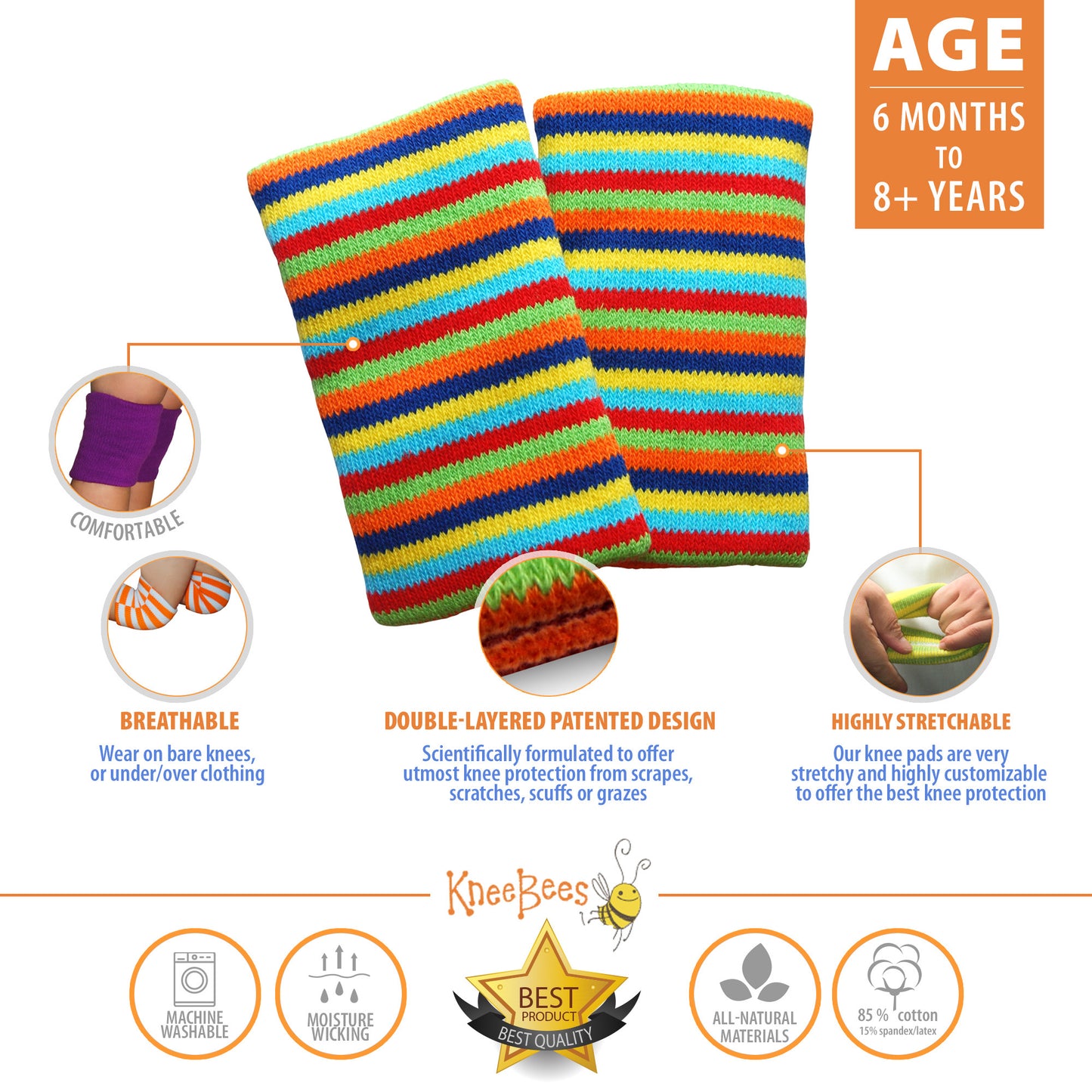 Photo by Petras Gagilas via flickr[/caption]
"Sure it feels nice, but it's no more effective (not at temperatures safe for humans, at least), and can actually irritate your skin. Plus, if you're washing with hot instead of cool, newly published research says you're actually contributing to global warming, too (womp womp).
A recent study conducted at Vanderbilt University concluded that Americans could save 6-million metric tons of carbon dioxide every year by washing their hands in cooler water; according to Smithsonian magazine, that's about as much CO2 as the entire country of Barbados emits in the same period:
Amanda Carrico, the lead author on the paper, surveyed 510 people about their hand washing techniques and then estimated how much energy they were using. Most people—64 percent in the study—prefer to use hot water when washing. When you multiply that by the eight billion times Americans wash their hands each year, and how much energy it takes to heat that water, you wind up with a surprising amount of energy—0.1 percent of the total annual emissions of the United States.
"Although the perception that hot water is more hygienic is based in some factual evidence … there are few, if any, hygienic benefits of using warm or hot water to wash one's hands," Carrico and her colleagues write. "It is true that heat kills bacteria; however, the level of heat required to neutralize pathogens is beyond what is considered safe for prolonged human contact."
"In addition to causing skin irritation, the recommendation to use an elevated temperature during handwashing contributes to another major threat to public health – climate change," write the researchers in The International Journal of Consumer Studies. "Health and consumer protection organizations should consider advocating for the use of a 'comfortable' temperature rather than warm or hot water."
One of my New Years' resolutions just became washing with cool-not-hot water"
Photo by Petras Gagilas via flickr[/caption]
"Sure it feels nice, but it's no more effective (not at temperatures safe for humans, at least), and can actually irritate your skin. Plus, if you're washing with hot instead of cool, newly published research says you're actually contributing to global warming, too (womp womp).
A recent study conducted at Vanderbilt University concluded that Americans could save 6-million metric tons of carbon dioxide every year by washing their hands in cooler water; according to Smithsonian magazine, that's about as much CO2 as the entire country of Barbados emits in the same period:
Amanda Carrico, the lead author on the paper, surveyed 510 people about their hand washing techniques and then estimated how much energy they were using. Most people—64 percent in the study—prefer to use hot water when washing. When you multiply that by the eight billion times Americans wash their hands each year, and how much energy it takes to heat that water, you wind up with a surprising amount of energy—0.1 percent of the total annual emissions of the United States.
"Although the perception that hot water is more hygienic is based in some factual evidence … there are few, if any, hygienic benefits of using warm or hot water to wash one's hands," Carrico and her colleagues write. "It is true that heat kills bacteria; however, the level of heat required to neutralize pathogens is beyond what is considered safe for prolonged human contact."
"In addition to causing skin irritation, the recommendation to use an elevated temperature during handwashing contributes to another major threat to public health – climate change," write the researchers in The International Journal of Consumer Studies. "Health and consumer protection organizations should consider advocating for the use of a 'comfortable' temperature rather than warm or hot water."
One of my New Years' resolutions just became washing with cool-not-hot water"
Can Changing Water Temperature During Routine Hand Washing Save Our Planet?
Share
Found on www.http://io9.com/ , written by Robert T. Gonzalez. What do you think? We are willing to try washing hands with cool water. Who knew such a tiny thing can influence our climate?
[caption id="attachment_1120" align="alignnone" width="300"] Photo by Petras Gagilas via flickr[/caption]
"Sure it feels nice, but it's no more effective (not at temperatures safe for humans, at least), and can actually irritate your skin. Plus, if you're washing with hot instead of cool, newly published research says you're actually contributing to global warming, too (womp womp).
A recent study conducted at Vanderbilt University concluded that Americans could save 6-million metric tons of carbon dioxide every year by washing their hands in cooler water; according to Smithsonian magazine, that's about as much CO2 as the entire country of Barbados emits in the same period:
Amanda Carrico, the lead author on the paper, surveyed 510 people about their hand washing techniques and then estimated how much energy they were using. Most people—64 percent in the study—prefer to use hot water when washing. When you multiply that by the eight billion times Americans wash their hands each year, and how much energy it takes to heat that water, you wind up with a surprising amount of energy—0.1 percent of the total annual emissions of the United States.
"Although the perception that hot water is more hygienic is based in some factual evidence … there are few, if any, hygienic benefits of using warm or hot water to wash one's hands," Carrico and her colleagues write. "It is true that heat kills bacteria; however, the level of heat required to neutralize pathogens is beyond what is considered safe for prolonged human contact."
"In addition to causing skin irritation, the recommendation to use an elevated temperature during handwashing contributes to another major threat to public health – climate change," write the researchers in The International Journal of Consumer Studies. "Health and consumer protection organizations should consider advocating for the use of a 'comfortable' temperature rather than warm or hot water."
One of my New Years' resolutions just became washing with cool-not-hot water"
Photo by Petras Gagilas via flickr[/caption]
"Sure it feels nice, but it's no more effective (not at temperatures safe for humans, at least), and can actually irritate your skin. Plus, if you're washing with hot instead of cool, newly published research says you're actually contributing to global warming, too (womp womp).
A recent study conducted at Vanderbilt University concluded that Americans could save 6-million metric tons of carbon dioxide every year by washing their hands in cooler water; according to Smithsonian magazine, that's about as much CO2 as the entire country of Barbados emits in the same period:
Amanda Carrico, the lead author on the paper, surveyed 510 people about their hand washing techniques and then estimated how much energy they were using. Most people—64 percent in the study—prefer to use hot water when washing. When you multiply that by the eight billion times Americans wash their hands each year, and how much energy it takes to heat that water, you wind up with a surprising amount of energy—0.1 percent of the total annual emissions of the United States.
"Although the perception that hot water is more hygienic is based in some factual evidence … there are few, if any, hygienic benefits of using warm or hot water to wash one's hands," Carrico and her colleagues write. "It is true that heat kills bacteria; however, the level of heat required to neutralize pathogens is beyond what is considered safe for prolonged human contact."
"In addition to causing skin irritation, the recommendation to use an elevated temperature during handwashing contributes to another major threat to public health – climate change," write the researchers in The International Journal of Consumer Studies. "Health and consumer protection organizations should consider advocating for the use of a 'comfortable' temperature rather than warm or hot water."
One of my New Years' resolutions just became washing with cool-not-hot water"
 Photo by Petras Gagilas via flickr[/caption]
"Sure it feels nice, but it's no more effective (not at temperatures safe for humans, at least), and can actually irritate your skin. Plus, if you're washing with hot instead of cool, newly published research says you're actually contributing to global warming, too (womp womp).
A recent study conducted at Vanderbilt University concluded that Americans could save 6-million metric tons of carbon dioxide every year by washing their hands in cooler water; according to Smithsonian magazine, that's about as much CO2 as the entire country of Barbados emits in the same period:
Amanda Carrico, the lead author on the paper, surveyed 510 people about their hand washing techniques and then estimated how much energy they were using. Most people—64 percent in the study—prefer to use hot water when washing. When you multiply that by the eight billion times Americans wash their hands each year, and how much energy it takes to heat that water, you wind up with a surprising amount of energy—0.1 percent of the total annual emissions of the United States.
"Although the perception that hot water is more hygienic is based in some factual evidence … there are few, if any, hygienic benefits of using warm or hot water to wash one's hands," Carrico and her colleagues write. "It is true that heat kills bacteria; however, the level of heat required to neutralize pathogens is beyond what is considered safe for prolonged human contact."
"In addition to causing skin irritation, the recommendation to use an elevated temperature during handwashing contributes to another major threat to public health – climate change," write the researchers in The International Journal of Consumer Studies. "Health and consumer protection organizations should consider advocating for the use of a 'comfortable' temperature rather than warm or hot water."
One of my New Years' resolutions just became washing with cool-not-hot water"
Photo by Petras Gagilas via flickr[/caption]
"Sure it feels nice, but it's no more effective (not at temperatures safe for humans, at least), and can actually irritate your skin. Plus, if you're washing with hot instead of cool, newly published research says you're actually contributing to global warming, too (womp womp).
A recent study conducted at Vanderbilt University concluded that Americans could save 6-million metric tons of carbon dioxide every year by washing their hands in cooler water; according to Smithsonian magazine, that's about as much CO2 as the entire country of Barbados emits in the same period:
Amanda Carrico, the lead author on the paper, surveyed 510 people about their hand washing techniques and then estimated how much energy they were using. Most people—64 percent in the study—prefer to use hot water when washing. When you multiply that by the eight billion times Americans wash their hands each year, and how much energy it takes to heat that water, you wind up with a surprising amount of energy—0.1 percent of the total annual emissions of the United States.
"Although the perception that hot water is more hygienic is based in some factual evidence … there are few, if any, hygienic benefits of using warm or hot water to wash one's hands," Carrico and her colleagues write. "It is true that heat kills bacteria; however, the level of heat required to neutralize pathogens is beyond what is considered safe for prolonged human contact."
"In addition to causing skin irritation, the recommendation to use an elevated temperature during handwashing contributes to another major threat to public health – climate change," write the researchers in The International Journal of Consumer Studies. "Health and consumer protection organizations should consider advocating for the use of a 'comfortable' temperature rather than warm or hot water."
One of my New Years' resolutions just became washing with cool-not-hot water"

